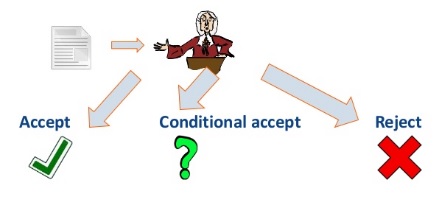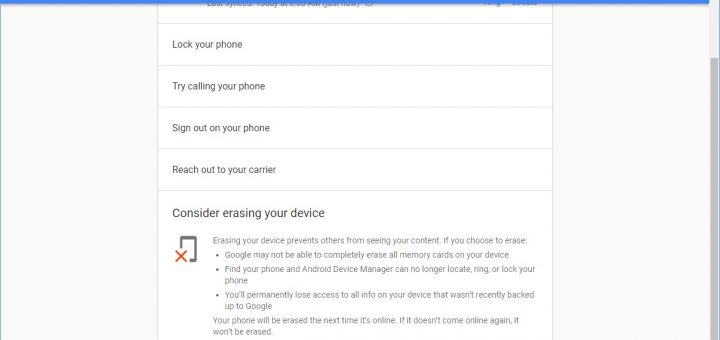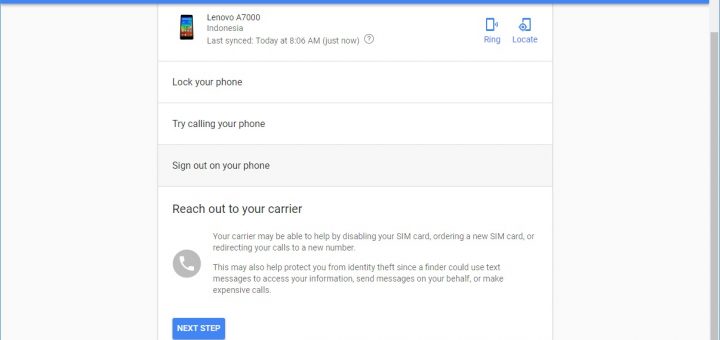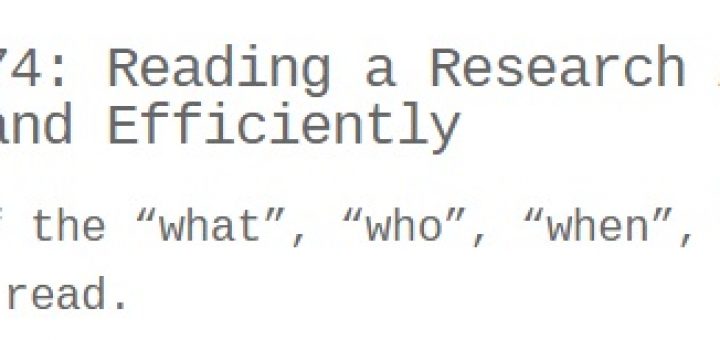HOW TO PRACTISE USING ADVERBS BY IGNATIUS SEPTO PRAMESWORO
HOW TO PRACTISE USING ADVERBS BY IGNATIUS SEPTO PRAMESWORO You can read some works from my students related to adverbs. You should know that in theory and in practice, adverbs can be differently used...






